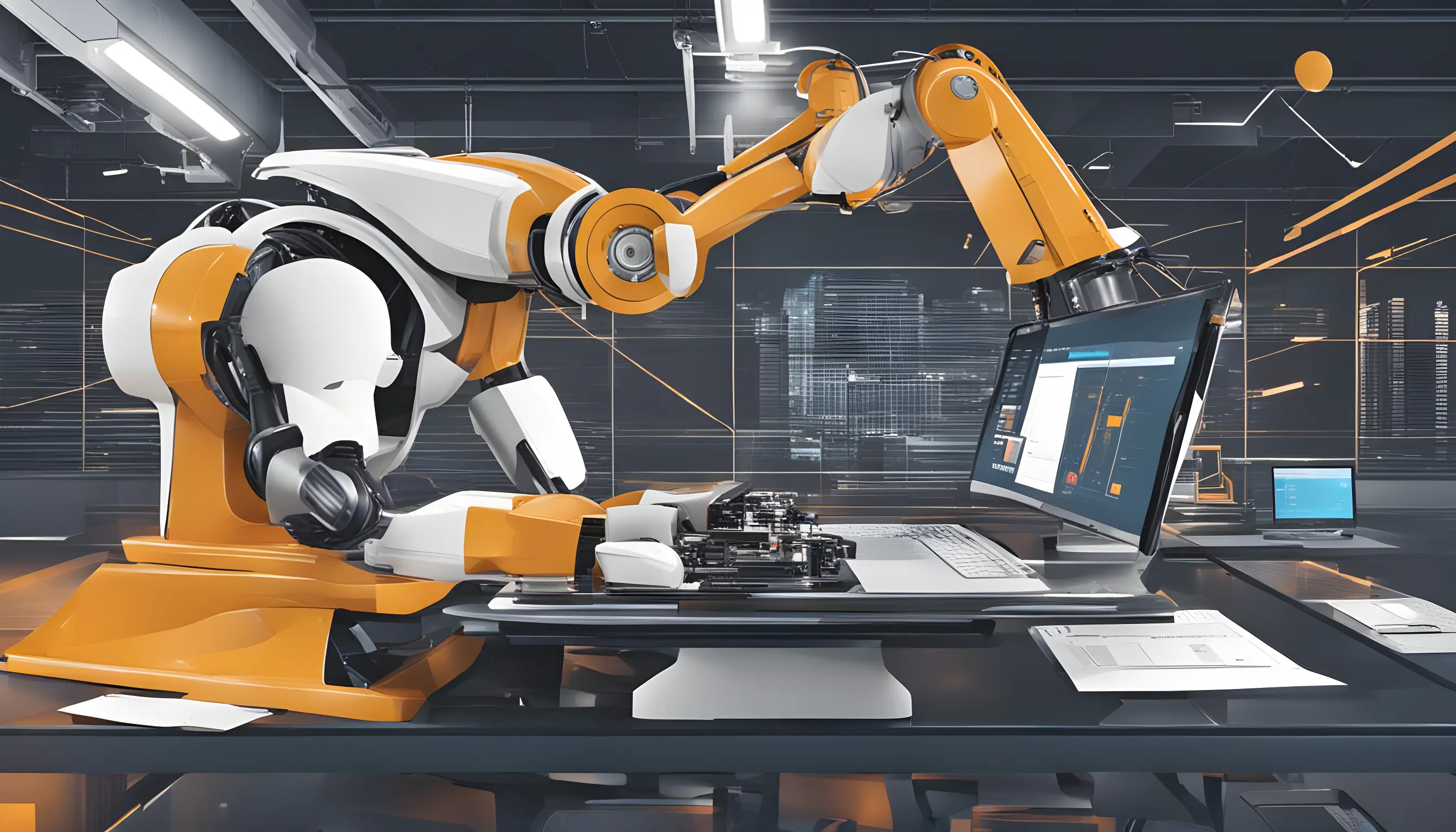From automating routine tasks to enhancing decision-making with data-driven insights, AI has already made significant impacts on productivity. But while AI tools promise increased efficiency, they also raise important questions for business leaders. One of the most critical is:
What should employers do with the extra time that employees now have, thanks to AI-driven automation?
In this blog, we’ll explore the nuances of AI-driven productivity, examine the potential downsides, and discuss new ways that employers should rethink their workforce strategy in light of AI's growing influence.
The Myth of Infinite Productivity and Demand
Many believe that AI equals a direct and infinite increase in productivity. In theory, this should lead to enhanced profitability. However, in reality, infinite growth in productivity does not necessarily mean infinite growth in demand. While employees can accomplish more in less time, businesses may not see a proportional increase in demand for their products or services.
For example, McKinsey predicts that automation could displace 20-25% of the workforce in certain advanced economies by 2030 (McKinsey & Company). Yet, simply reducing headcount to compensate for these gains in productivity may not be the best answer. In some sectors, AI will eliminate repetitive jobs, but it will also change the roles and require employees to focus on more value-added tasks.
The Role of Data and Security in the AI-Driven Workplace
One area where AI radically changes how employers think about employees is data security. Employers now need to pay close attention to where their data is stored and how it’s being used. With AI systems processing large amounts of sensitive information, the need for robust cybersecurity protocols becomes critical. Not only does this affect IT staff, but it also requires a more tech-savvy workforce across the board.
Companies like Accenture report that workers see the value of AI but are also concerned about privacy and job security(Accenture | Let there be change). Employers, then, need to ensure that they have the right measures in place to protect both company and employee data.
What Should Employers Do with Extra Work Hours?
When McKinsey estimates that up to 30% of work hours could be automated(McKinsey & Company), it begs the question: What happens to that 30% of time? Here are a few possibilities:
- Reduced Work Hours and Pay: One option could be to reduce the number of hours employees work, which may correspond to reduced pay. This would allow companies to scale down costs without cutting headcount. However, this could also affect employee satisfaction and retention, especially if they feel less valued or financially insecure.
- Shifting to Deliverables-Based Work: Another option is to focus on deliverables rather than hours worked. In some industries, shifting to a model that rewards outcomes rather than time spent could be a more effective way to manage productivity. This model is common in tech-driven roles where flexibility and creativity are paramount.
- Investing in Innovation and R&D: The extra time could also be invested in research and development (R&D) or process improvement. Employees can use this time to think creatively, come up with new business ideas, or work on internal innovations that drive long-term growth.
- Upskilling and Continuous Learning: Training employees to enhance their skill sets is another way to use this extra time effectively. Employers could focus on upskilling their teams in areas such as data analytics, AI operation, or even broader subjects like communication and leadership. In fact, Accenture's studies suggest that the demand for higher cognitive skills, including creativity and critical thinking, will increase in an AI-driven world(Accenture | Let there be change).
Redefining the Role of an Employee
One key shift that AI brings to the table is how we define the role of an employee. Traditionally, employees are hired to perform specific tasks for a set number of hours. But what if AI allows us to rethink this relationship?
Perhaps employees in the future are not just hired for tasks, but to actively think, strategize, and care for the business. This could involve staying current with industry trends, participating in market research, or even engaging in activities that foster personal growth, like learning philosophy, culture, or literature. A more holistic employee development strategy can make workers more versatile and engaged, which ultimately benefits the business.
Embracing AI-Driven Roles and the Focus Shift
As AI reshapes the workforce, it's also shifting the focus of job roles. Instead of concentrating solely on specific tasks, future roles could focus more on strategic thinking and oversight. For instance, a data specialist who once spent hours collecting and processing information might now focus more on interpreting data, ensuring its quality, and applying insights to drive business decisions.
This shift is already evident in industries where roles like "automation specialists" or "AI operations managers" are emerging, tasked with managing the intersection between technology and human oversight. These jobs don't replace human workers; they complement AI, making human-AI collaboration more seamless.
How Should Employers Think About Employees in an AI-Driven World?
The integration of AI into the workplace isn't just about reducing headcount or automating repetitive tasks. It's about rethinking how we define work, roles, and productivity. Employers must consider how to best leverage the extra time that AI creates, while also ensuring that employees continue to feel valued and engaged.
Whether it's through upskilling, redefining roles, or focusing on long-term innovation, employers have the opportunity to transform how their employees contribute to the business. AI might change the tools we use, but it's up to leaders to decide how those tools are applied to create a more dynamic, productive, and innovative workforce.
At SutilMind, we offer executive training on AI and automation to help you leverage these technologies for your business, as well as expert consulting to boost productivity and focus on the right areas for growth.
References:
McKinsey: "AI and the Future of Work" Link
Accenture: "Tech Vision 2022" Link
IBM: "The Role of AI in Business Transformation" Link
